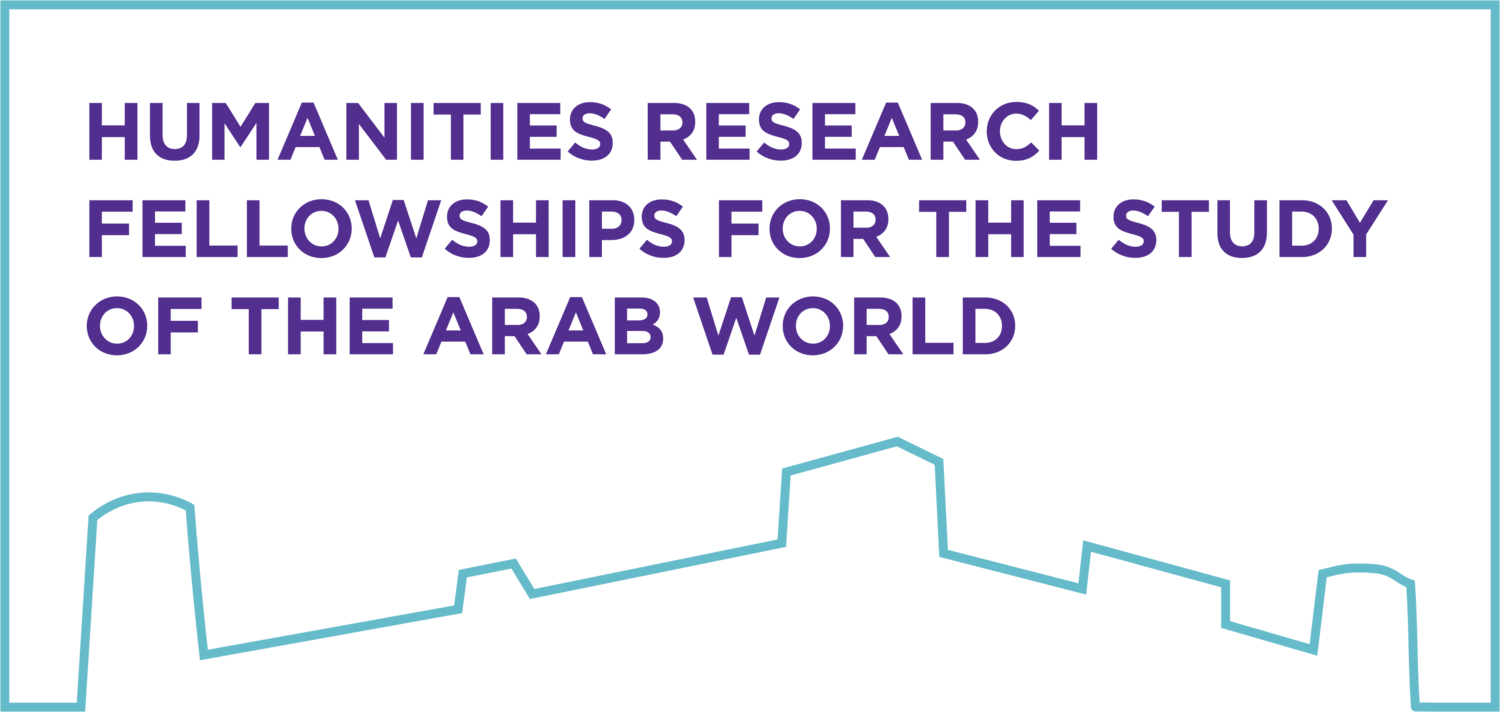Part of Recognizing Religion(s): The Cultural Dynamics of Religious Encounters and Interactions in Historical Perspective
Based on her paper on Jewish conversion to Christianity in renaissance Italy, Tamar Herzig presents Salomone de Sesso’s apostasy. Professor Herzig argues that Salomone converted to Christianity to avoid execution rather than the popular belief that his apostasy was a measure taken to further his artistic career.
Hussein Fancy presents the imposition of a false religious identity on others and the feigning of apostasy for opportunistic purposes during the late medieval era of the Mediterranean region.
Speakers
Tamar Herzig, Tel Aviv University
Hussein Fancy, University of Michigan
Moderated by
Charles Stang, Harvard University
In collaboration with the Institute for Religion and Critical Inquiry at Australian Catholic University, the ERC-project European Qur'an: Islamic Scripture in European Culture and Religion at the University of Copenhagen (EuQu), NYUAD Institute
